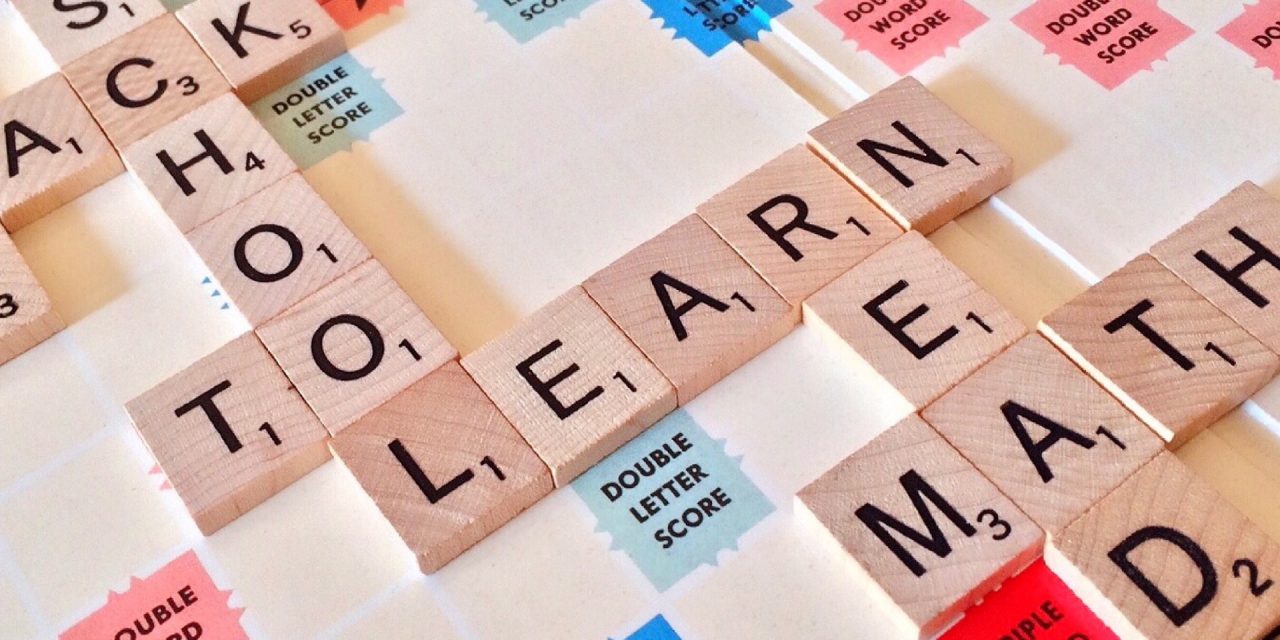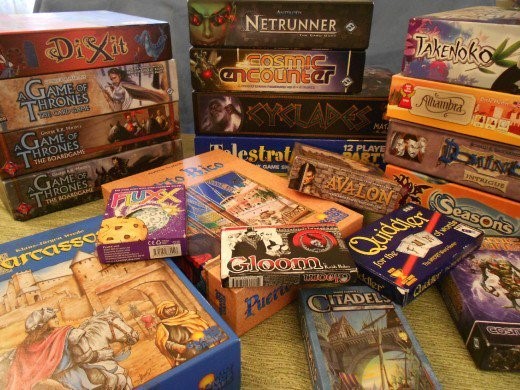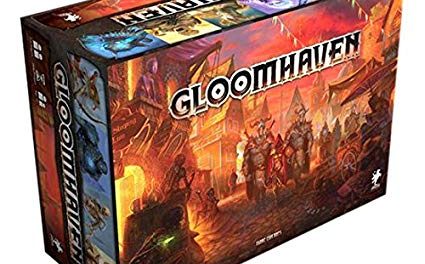When you think of a classroom, what comes to your mind? A chalkboard, chairs and tables, crayons, paper, scissors, notes and books? What about games? Many people often relegate them to break time, since playing is an activity considered only as a form of fun. Also for this reason, games are often ignored by school institutions and educators. However, with the new issues proposed for 21st century education, this scenario tends to change. This is because, increasingly, teachers and schools realize the importance of the playful aspect for the emotional and cognitive development of the child.
And you want to empower your children’s experience in school and turn learning into something more engaging? There are some things about how games can help anyway below!
Our society has a great diversity of forms and means of communication, and to emphasize, it is important that the individual has the competence to read and understand different languages. Corporal and verbal expressions are well considered in our social life. However, in school activities, it is common for children to focus only on learning about reading and writing.
One of the greatest challenges of the teacher is to turn learning into a playful task, especially for young children. To do this, it does not only take a lot of creativity and play of the waist to deal with the bite of the little ones, but also instruments that meet the pedagogical needs of the students and attract their interest. Games are perfect for this.
In addition to being fun, those games help in learning, providing guidelines on respect for rules, strategy and time control, giving the child the challenge of overcoming himself and working as a team. As a learning tool, the games help the student’s development under the creative, affective, historical, social and cultural perspectives. By playing, the child invents, discovers, develops skills and experiences new points of view. Both the potentials and the affectivities of the child are harmonized in the development of social and cognitive skills.
For a change of ages, new ways of learning are also needed. Exploring the interests of children in building knowledge is one of the best ways to turn study into a pleasurable process. Ready to apply the games to your child’s learning? If you liked our tips and want to receive more news or suggestions to innovate in the education please join us!



